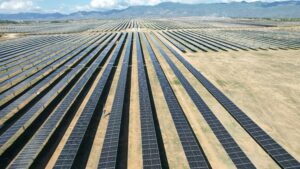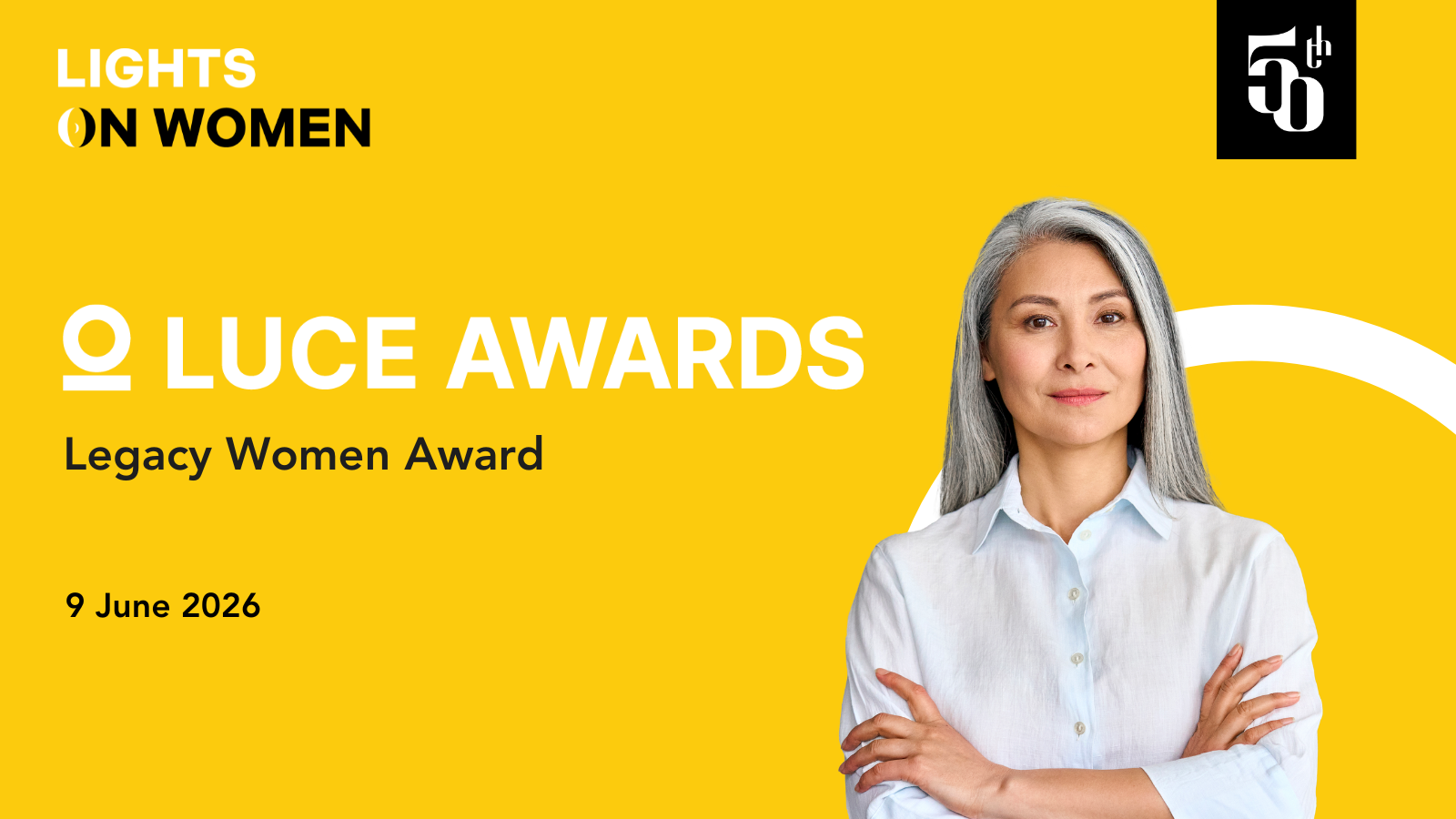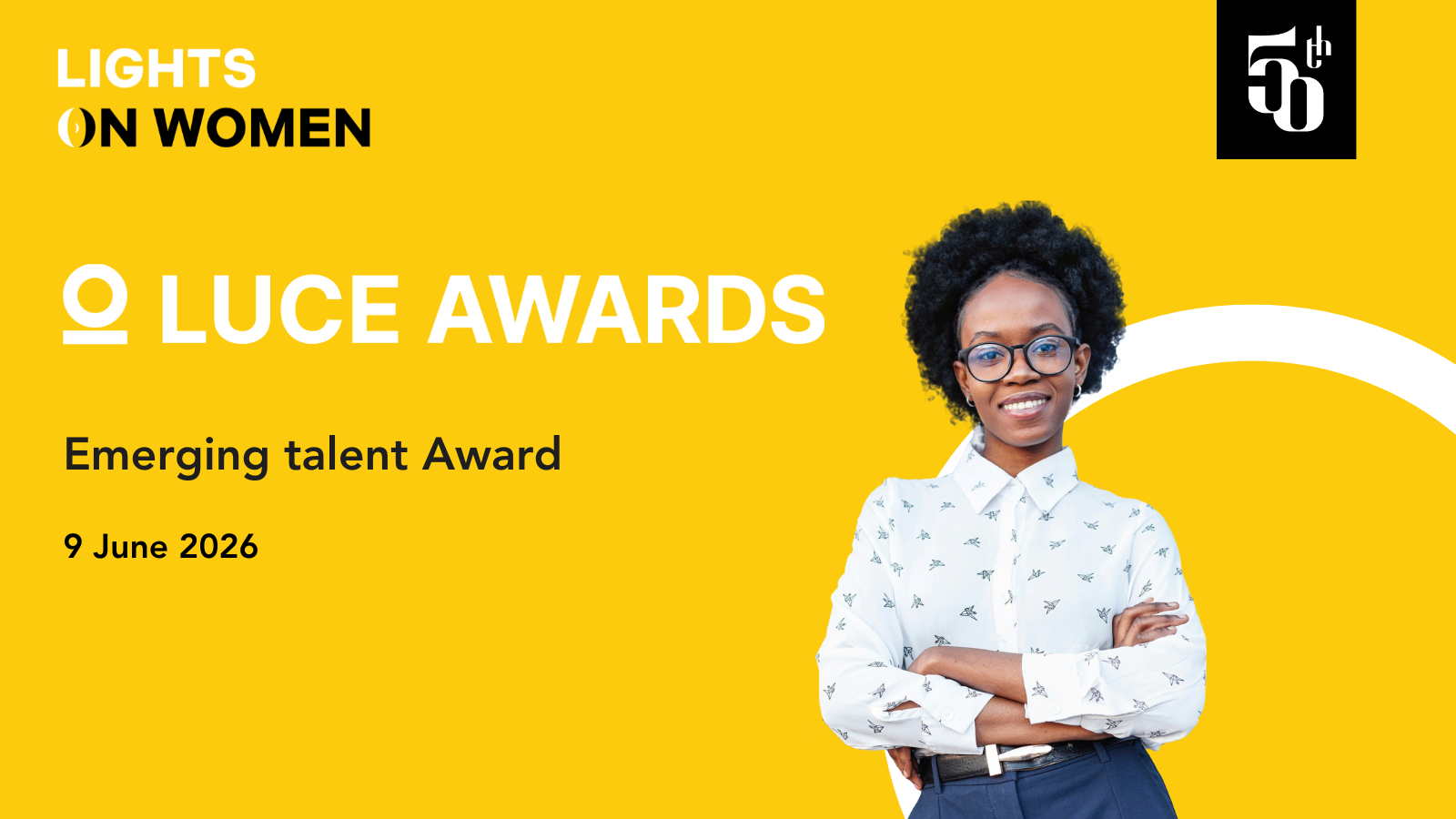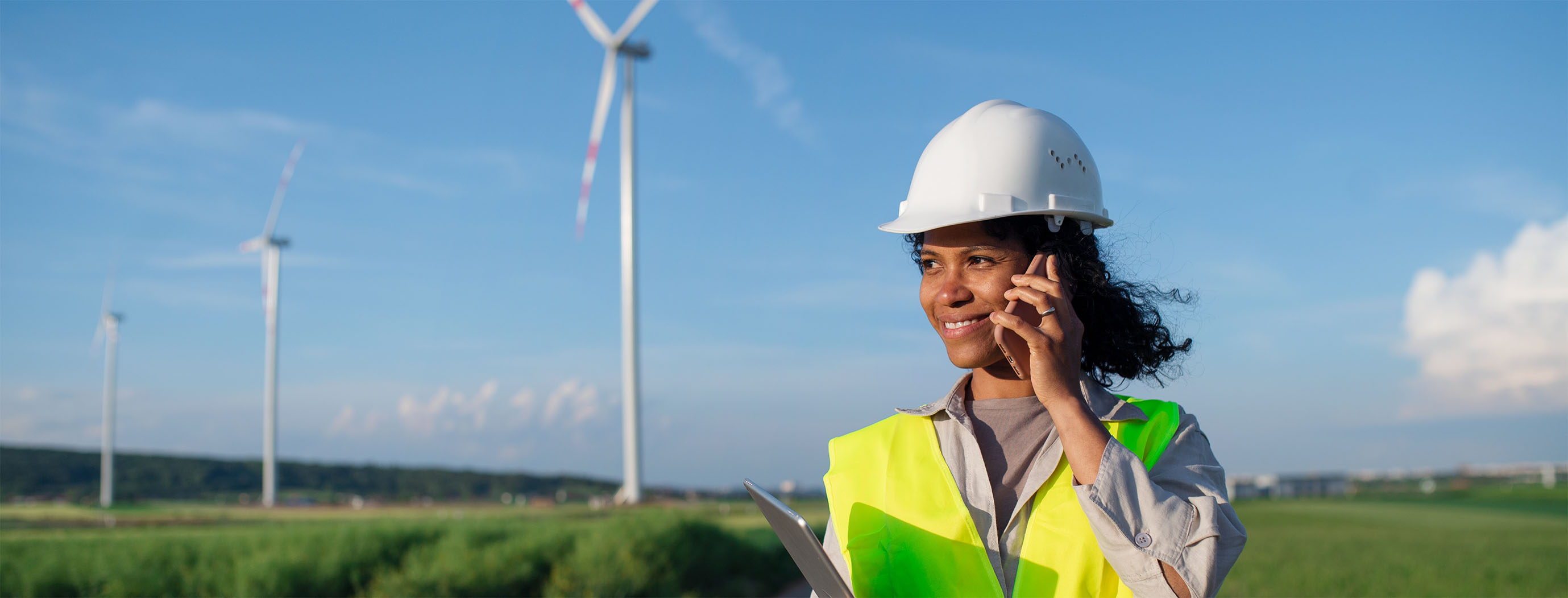Putting Citizens at the Centre of the Energy Transition
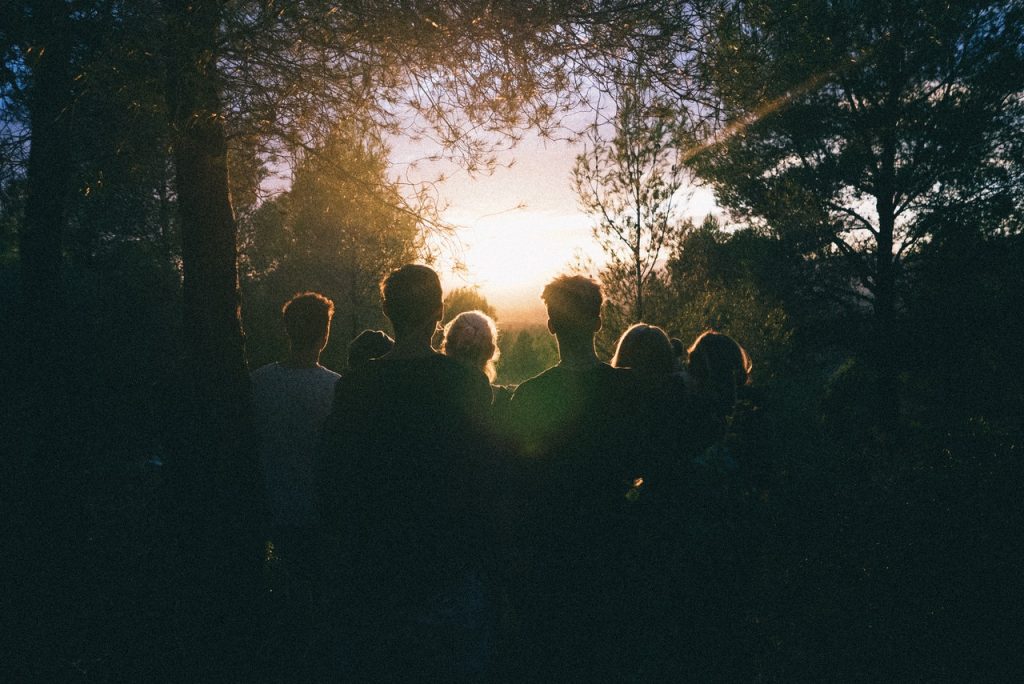
In this Lights on Women interview, Marine Cornelis, Executive Director of Next Energy Consumer, discusses the importance of putting citizens at the centre of the energy transition and her motivation to dive deeper into the social aspects behind the energy and climate transition.
The driving force
I am driven by curiosity and a hunger for knowledge. I had significant experience in consumer dispute resolution and the problems faced by energy users (from household consumers to SMEs and intensive industries), but I wanted to know more.
I was curious about topics like energy poverty, local energy efficiency policies, energy democracy, social innovation or sustainable development goals. I decided to capitalise on this curiosity, my previous experience and knowledge from Brussels and beyond.
I founded Next Energy Consumer to dive deeper into the social aspects behind the energy and climate transition.
Brussels Bubble
In Brussels, I was fortunate to lead quite a small but proactive lobby called NEON — the network of energy ombudsmen and dispute resolution providers, from 2012 to 2018. It was an incredibly fulfilling experience.
I shaped NEON in its infancy, shaping everything for the network — from inventing working methods, procedures, to leading both the public relations and policy work. I was also a member of the Vulnerable Consumers working group led by DG Energy, and I have since been a devoted participant of the Citizens’ Energy Forum (then in London, now in Dublin).
When I left the European capital, I decided to follow my passion and my willingness to make a difference for all types of energy users. During the many years I spent in Brussels, I realised that although the Energy Union claimed to put the consumers at the centre of the energy transition, the reality on the ground was poorly acknowledged. Consumers are expected to behave like a single entity.
But we are not energy “consumers”; we make use of energy: we cook, heat, cool, charge our phones, turn the lights on, some of us also need connected medical devices to stay alive. In Europe, most of us live without thinking about the power supply, but in the rest of the world, about a billion people live without regular access to electricity.
From a consumer to citizen perspective
The European Commission perspective on the future of energy is highly techno-centred. It seems paradoxical compared to the approach suggesting that consumers should occupy a prominent place in the new, smart network. Consumers are encouraged to participate actively in the smart grid (demand-response system, demand aggregation, participation in energy communities, etc.), but not everyone has the willingness or the financial means to buy connected appliances. Essential human needs (such as feeling safe and warm at home) are seldom mentioned in EU strategies.
For the time being, energy in households is still quite a dull topic — except when a high bill arrives. In this case, it can become a source of anxiety. We need to create an integrated dialogue with all stakeholders; we need to overcome prejudice and build an inclusive energy sector which takes into account the needs, as well as the different development potential and limitations of the people.
Age and gender issues, for instance, are entirely overlooked in the energy market design policies, although men and women do not have the same consumption patterns. Families with young children or the elderly do not have the same priorities.
Women are more frequently affected by forms of energy poverty. Some residential buildings are degrading faster than we can imagine, leaving many people exposed to adverse climate situations putting their health at risks. Many citizens do not make use of their rights or do not know how to enforce them effectively. Small and medium-sized companies are almost absent in the public debate concerning energy. Those topics are barely acknowledged by policymakers and even less by the business sector.
Few people, organisations and projects are actively trying to move the lines and recognise that consumers are citizens with rights.
Building Bridges
When I moved to Italy, I suddenly realised how mysterious the Energy Union ambitions were outside the EU-bubble. Many regions and countries look at the transforming world with blinders on. A lot of stakeholders (public, private, foundations, NGOs, universities) want to know more, understand more, network more, and achieve more, but they do not know where to start. I have the chance to be fluent in several languages, so I am happy to be able to disseminate and share information in the language of the country, and build bridges between entities.
I am glad that the new European Commission Executive Vice President Frans Timmermans, in charge of the European Green Deal, will also be guiding the Health commissioner, Stella Kyriakides. Considering climate, energy and health together could be an excellent boost for Energy Poverty and energy efficiency policies. And although consumer policies are to be handled by the Justice cabinet, Didier Reynders, Commissioner-designate for Justice, will have to “find new ways of empowering consumers to make informed choices and play an active role in the green and digital transitions”.
I think one of the main challenges is to enrol classical investors into meaningful and sustainable investments that are good for the people and the planet. Banks and investors are critical partners for sustainable development. Climate change mitigation and the transformation of the energy system are changing the way we consume other goods; we eat, we use natural resources (see what is going on with the circular economy), we move, we work. If we want to leave no one behind, we should all be equipped with fit-for-purpose tools and skills and make sure that everyone can make a hold of them quickly.
Indeed, the EU Commission initiative on sustainable investment include social objectives, but it has yet to deliver; and the challenge is not very well-known among banks and financial institutions. I want to contribute to making meaningful and sustainable investing mainstream.
Working as a policy-shaker
I always try to think out of the box to provide a groundbreaking analysis and solutions, and I like bringing new perspectives. I am proud when my clients tell me that they have never seen things that way before. I am open to working on many different but complementary projects, allowing me to build unique expertise on the humane perspective on the energy transition.
For instance, since 2018 I have been a policy advisor for a research project on access to justice and fuel poverty, ESRC Just Energy, working with key players in the fight against energy poverty in Italy, France, Catalonia, United Kingdom and Bulgaria. I am also starting a series of interviews of people affected by different forms of energy poverty, and the solutions they implement to cope with it.
In my work, I offer in-depth research on specific policy topics — for example, I have analysed the draft national energy plans (NECPs) for the European Energy Poverty Observatory. I am starting work with MEDREG, the association of Mediterranean Energy Regulators. I participate in European projects, such as the Inclusion project on transport poverty, as an expert. I also organise and give courses and training, such as one of the Energy Union at the Turin School for local regulation at the end of November 2019.
I travel a lot, especially in Italy, France, the United Kingdom, Spain and Belgium. I am just back from a trip to Mexico to support the development of an NGO which aims to put energy consumers’ rights higher on the political agenda. I have recently started to offset my GHG emissions through ClimateCare, but there are plenty of options.
Looking towards the future
I have a lot of ideas for the future of Next Energy Consumer. I would be thrilled to build a team accompanying the development of long-lasting projects combining social impact and energy and climate resilience. I want Next Energy Consumer to becoming a multilingual platform popularising consumer empowerment initiatives and research, to build a just transition for everyone. My purpose is engaging, sharing my findings and proposing my services to very varied audiences, not only the business but also “normal” consumers. There is so much to learn out of our silos!
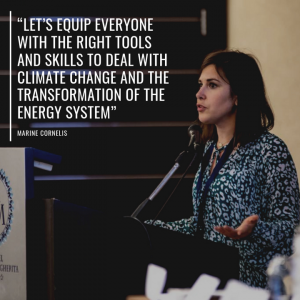
More about Marine Cornelis’ work:
- Mothers of Invention, a brilliant podcast by former Irish President Mary Robinson and comedian Maeve Higgins on women leading the fight against climate change — https://www.mothersofinvention.online
- EnAct, an information platform sharing very respectful testimonies and pictures of people affected by energy poverty — http://en-act.org/the-project/
- ClimateCare to offset my CHG emissions https://climatecare.org/calculator/
- Energy In Demand, a weekly selection of articles on the low carbon energy transition, curated by Rod Janssen https://energyindemand.com
Join the Lights on Women Community:
Subscribe to our mailing list for updates and opportunities!
Related contents
Stay in the know
Get the Lights on Women newsletter.
